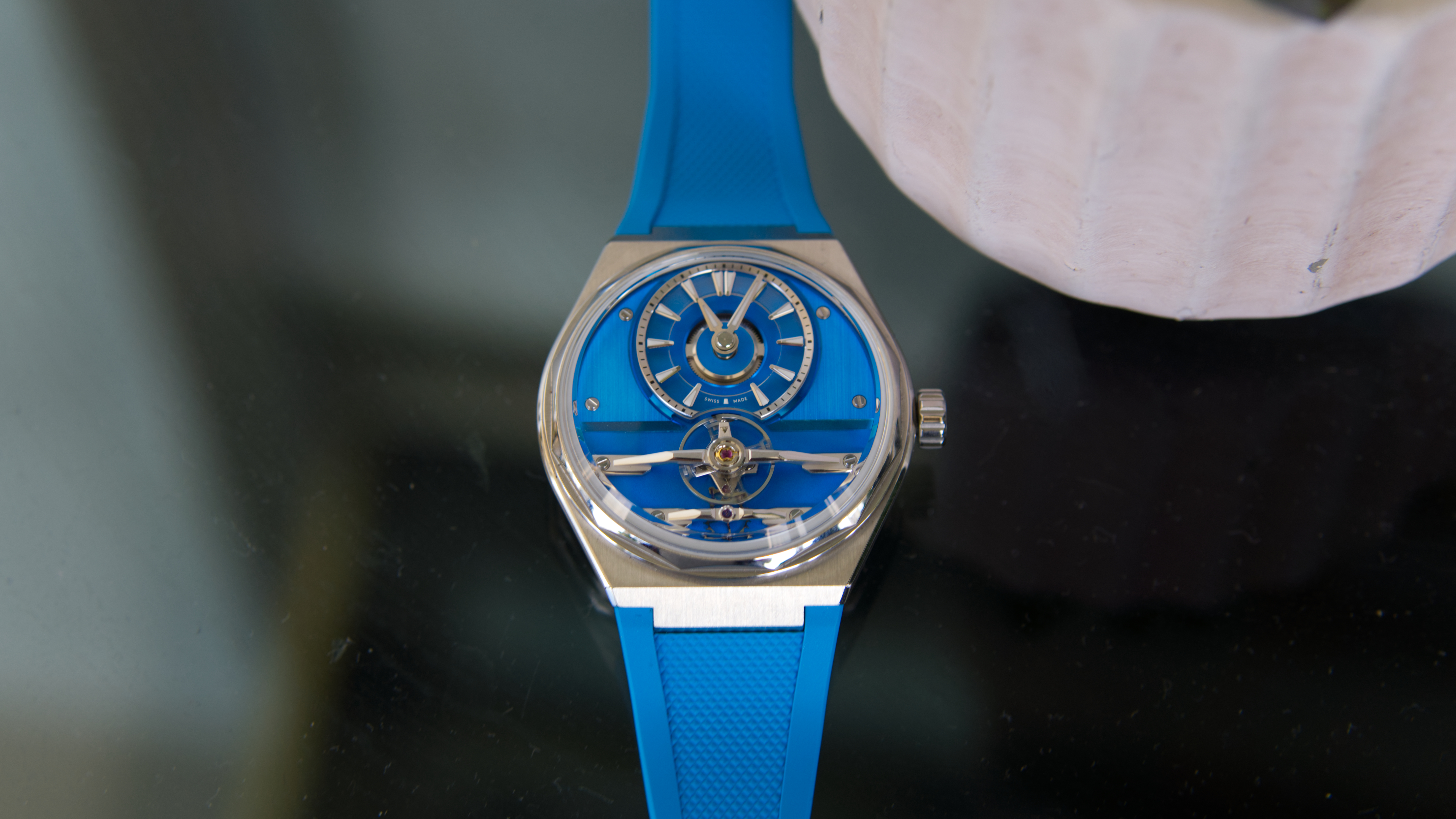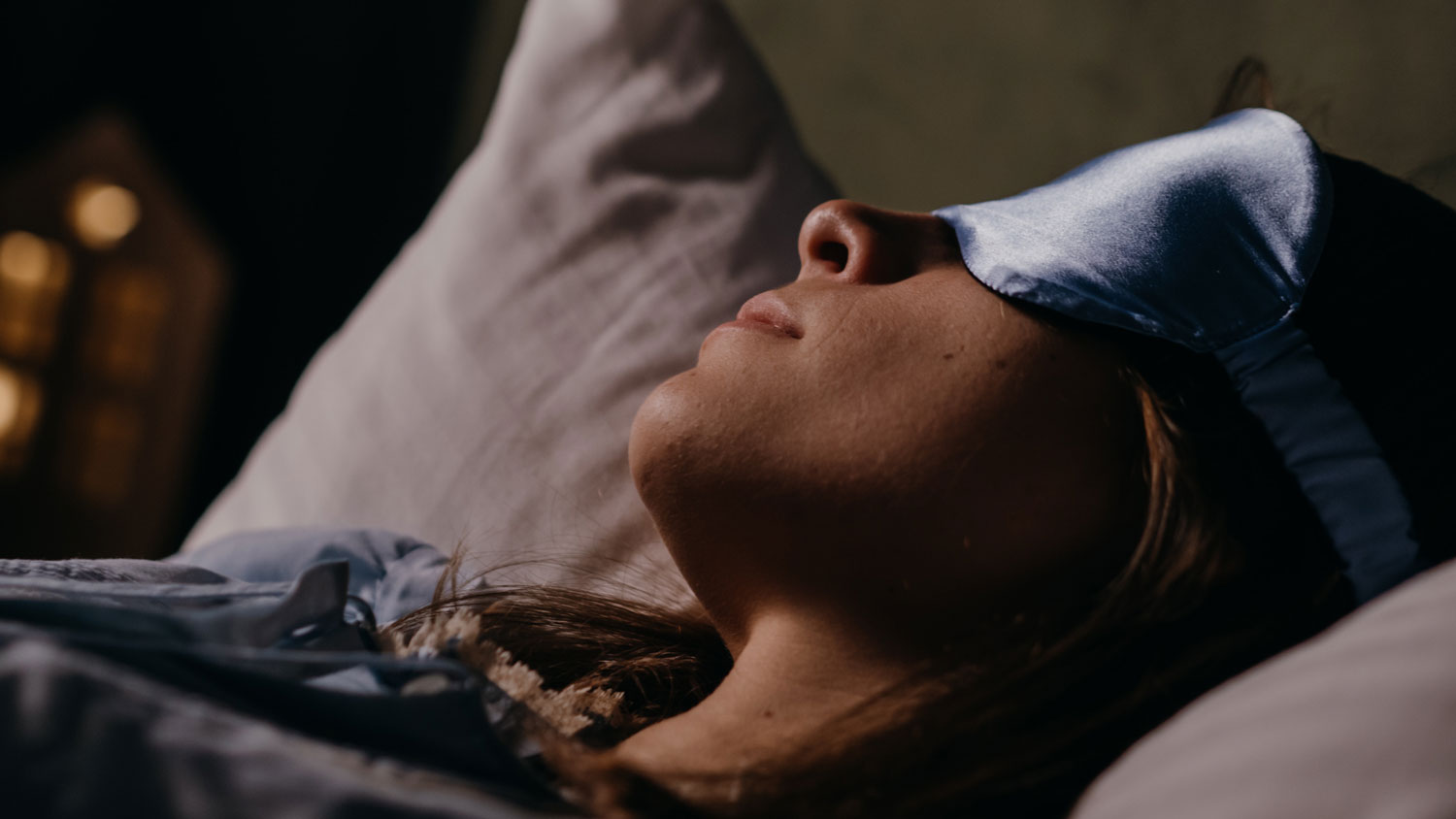

If you live in an urban area, it's not unusual to have some amount of artificial light creeping into your room overnight. Even if that's not the case, many choose to have a nightlight, hallway light, or TV on overnight. But if the results of a new study are anything to go by, it's time to switch off that bedside lamp and invest in some blackout blinds.
Research has found a link between exposure to ambient light while you're trying to sleep at night, and adverse health effects. In the study, even one night of 'moderate' light exposure was found to impair glucose and cardiovascular regulation the following day, which in turn increases risk for conditions such as heart disease, diabetes and metabolic syndrome.
In the study, scientists asked a group of 20 young, healthy adults to sleep in rooms with dim light, and with overhead light, and monitored sleep quality, heart rate and heart rate variability, insulin resistance and melatonin levels. Sleeping in the light room resulted in increased insulin resistance in the morning, and a higher heart rate and lower heart rate variability overnight. Insulin resistance means your body can't turn the glucose in your blood into energy, which in turn prompts your pancreas to create more insulin, leading to higher blood sugar levels over time.
- Heatwave incoming! Here's how to sleep in the heat
- Perhaps it's time to invest in one of the best mattress cooling pads
"The results from this study demonstrate that just a single night of exposure to moderate room lighting during sleep can impair glucose and cardiovascular regulation, which are risk factors for heart disease, diabetes and metabolic syndrome,” senior study author Dr Phyllis Zee told Northwestern University. "It’s important for people to avoid or minimise the amount of light exposure during sleep."
Exposure to light and dark plays a key role in prompting certain biological functions. Northwestern University explains that exposure to light causes our heart rates to increase in order to increase alertness during the day. Phyllis suggests that the study shows the body is responding in a similar way when exposed to light overnight, with your sympathetic nervous system kicking in when it should be your parasympathetic nervous system taking charge (the latter is what helps with restoration).
Sign up to the T3 newsletter for smarter living straight to your inbox
Get all the latest news, reviews, deals and buying guides on gorgeous tech, home and active products from the T3 experts
Ruth is a lifestyle journalist specialising in sleep and wellbeing. She has tested more mattresses than her small flat can handle and will talk at length about them to anyone who shows even a passing interest, and has had to implement a one-in-one-out pillow policy for fear of getting smothered in the night. As well as following all the industry trends and advancements in the mattress and bedding world, she regularly speaks to certified experts to delve into the science behind a great night's sleep, and offer you advice to help you get there. She's currently Sleep Editor on Tom's Guide and TechRadar, and prior to that ran the Outdoors and Wellness channels on T3 (now covered by Matt Kollat and Beth Girdler-Maslen respectively).
-
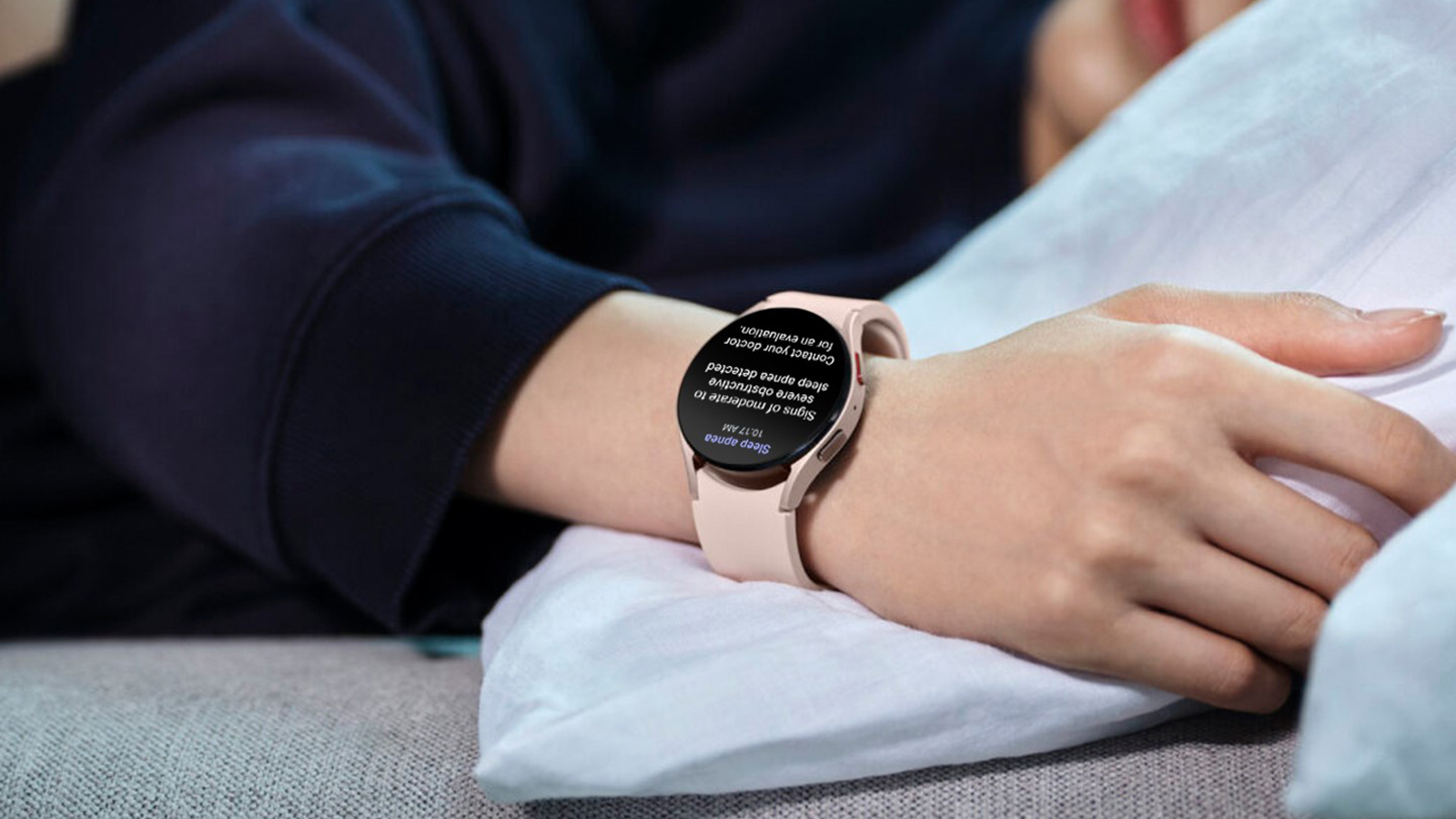 Do smart sleep gadgets actually improve your sleep? T3 investigates...
Do smart sleep gadgets actually improve your sleep? T3 investigates...Sleep gadgets like Oura Ring 4 and the Withings Sleep Analyzer could help you get those eight hours per night
By Max Slater-Robins
-
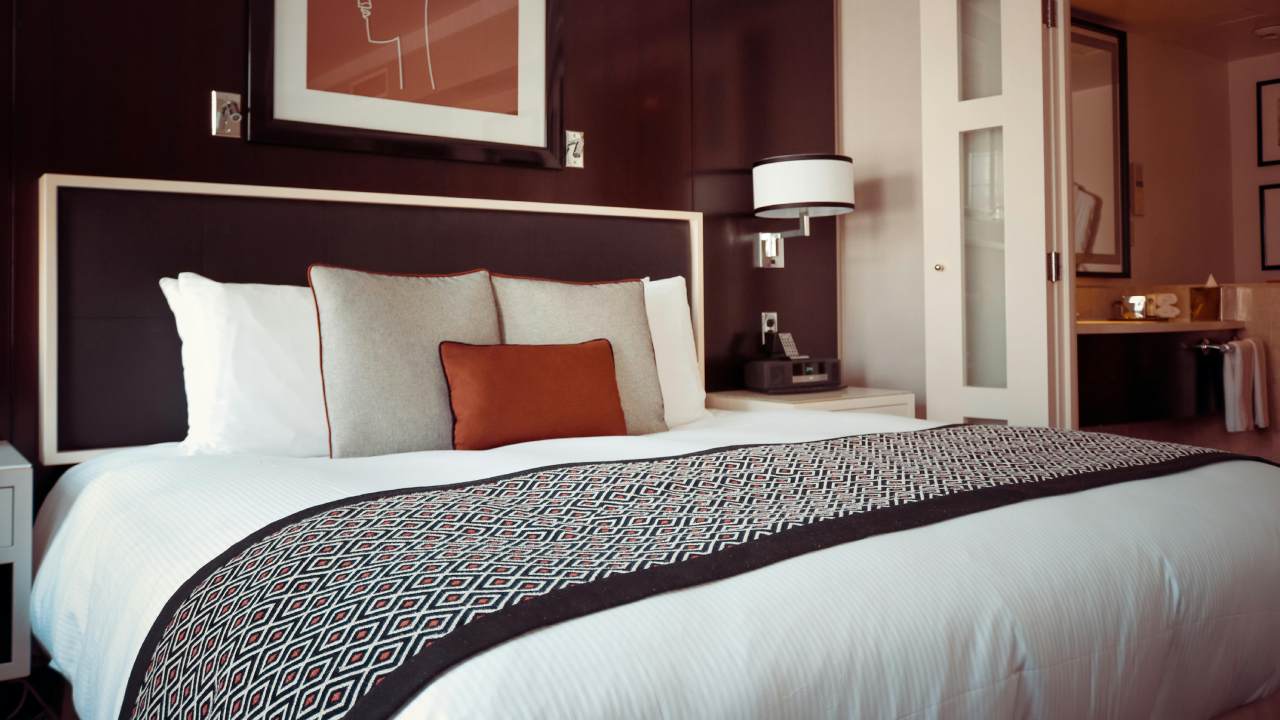 I stayed in 5 hotels in 2 months – here’s how to get hotel-worthy bedding at home
I stayed in 5 hotels in 2 months – here’s how to get hotel-worthy bedding at home7 hotel-inspired bedding tips to make your own bed just as cosy
By Bethan Girdler-Maslen
-
 I spent 6 weeks with the FoodMarble Aire 2: here’s what I learned about my gut health
I spent 6 weeks with the FoodMarble Aire 2: here’s what I learned about my gut healthI’ve been testing the clever breath-testing gadget with the companion app over several weeks to find out if it delivers on its promises
By Lee Bell
-
 Oil pulling is going viral on TikTok for stopping morning breath – but does it actually work?
Oil pulling is going viral on TikTok for stopping morning breath – but does it actually work?4 hacks that prevent morning breath, according to a sleep expert
By Bethan Girdler-Maslen
-
 These limited edition McLaren x Loop earplugs are what you need for Formula 1 season
These limited edition McLaren x Loop earplugs are what you need for Formula 1 seasonMcLaren teams up with Loop on limited edition noise-reducing earplugs
By Bethan Girdler-Maslen
-
 5 sleep supplements that help me achieve 8+ hours of rest every night
5 sleep supplements that help me achieve 8+ hours of rest every nightIt took me years to perfect my sleep routine – here are the supplements that helped
By Lizzie Wilmot
-
 3 reasons why you wake up at 3am every night – and how to avoid it
3 reasons why you wake up at 3am every night – and how to avoid itAlways waking up in the middle of the night? This could be why…
By Bethan Girdler-Maslen
-
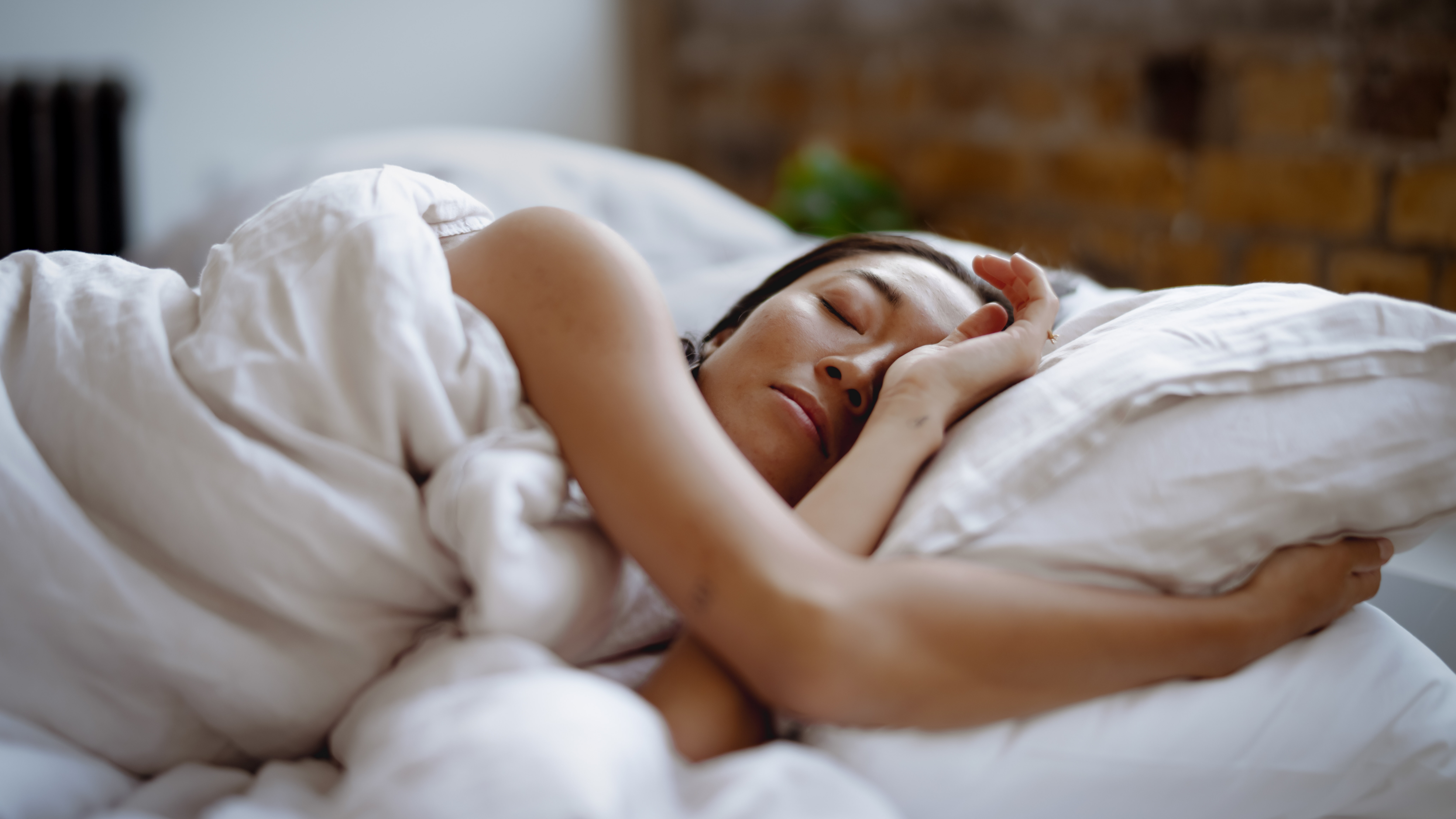 This tiny device will automatically disable your distracting apps before you sleep
This tiny device will automatically disable your distracting apps before you sleepSay hello to Kip...
By Lizzie Wilmot
